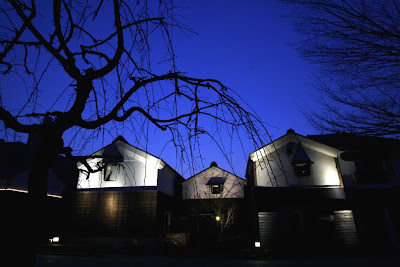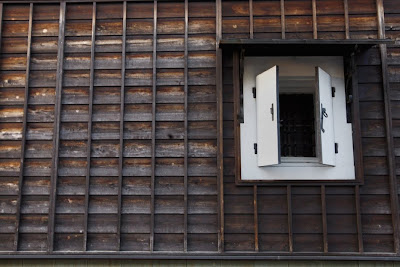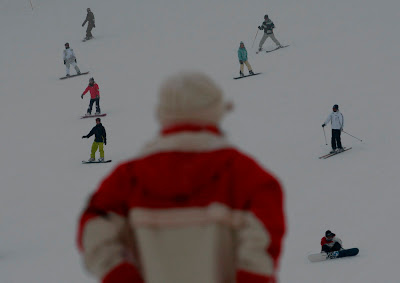
 Ancient time warehouse (1603-1868), Edo Era period this area use as a stopping point for transporting supplies between the Kansai and Hokuriku. Now, the warehouses are maintained in the district activation program at Takefu, Fukui prefecture in Japan.
Ancient time warehouse (1603-1868), Edo Era period this area use as a stopping point for transporting supplies between the Kansai and Hokuriku. Now, the warehouses are maintained in the district activation program at Takefu, Fukui prefecture in Japan.















































